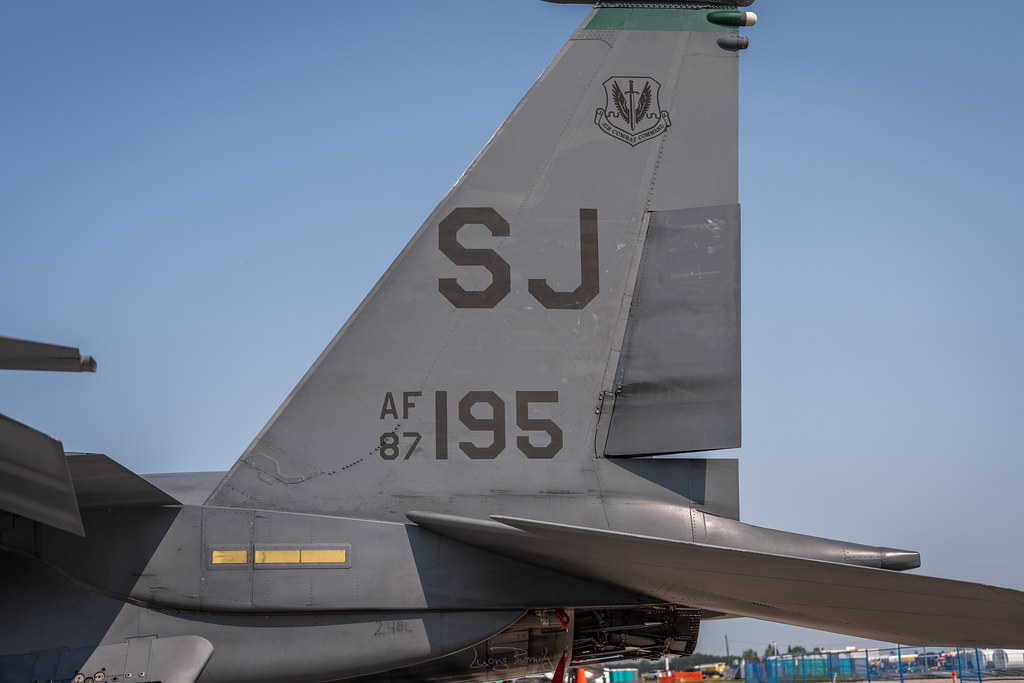
Israeli Prime Minister Benjamin Netanyahu has taken decisive steps to address the escalating conflict in the southern Gazan city of Rafah. As part of an expanded offensive against Hamas, Netanyahu has ordered the military to prepare for the evacuation of civilians from the area. Approximately 1.5 million Palestinians have sought refuge in Rafah, seeking safety from Israeli combat operations elsewhere in Gaza.
The urgency of the situation has drawn international attention, with the United States expressing concern and emphasizing the need for a credible plan to protect civilians during any potential Israeli ground offensive. Both the European Union and the United Nations have echoed these sentiments, emphasizing the humanitarian implications of further military action.
Netanyahu’s directive instructs military and security officials to submit a comprehensive plan that not only ensures the safety of civilians but also targets Hamas battalions operating in Rafah. The delicate balance between achieving military objectives and safeguarding innocent lives underscores the complexity of the conflict.
Rafah, situated along the border with Egypt, serves as the sole crossing point for Gaza residents seeking access to the outside world. Displaced Gazans, many of whom have fled other parts of the region, now find themselves living in tents within the city. The deteriorating humanitarian conditions have prompted aid organizations to pause deliveries to northern Gaza due to Israeli airstrikes and civil disorder.
The United Nations Relief and Works Agency (UNRWA) and the World Food Programme have raised alarm about malnutrition rates, emphasizing the urgent need for sustained humanitarian assistance. Tragically, the toll of the conflict continues to mount: over 29,600 lives lost, more than 69,400 injured, and countless others missing or presumed dead.
In parallel, the Israeli Defense Forces (IDF) recently concluded an operation at Nasser Hospital, where approximately 850 patients were trapped. Médecins Sans Frontières (Doctors Without Borders) reported dire conditions, with anaesthetics, medicines, and beds depleted. Doctors resorted to performing surgeries on bloodied floors, highlighting the immense strain on medical resources.
As the situation remains fluid, international efforts persist in seeking a path toward peace. Mediated talks between Hamas and Israel, hosted by Qatar in Cairo, aim to find common ground and establish a ceasefire. However, the stakes are high, and the impact on civilians cannot be overstated. The world watches with bated breath as leaders grapple with the delicate balance between security and humanity in the heart of Rafah.



